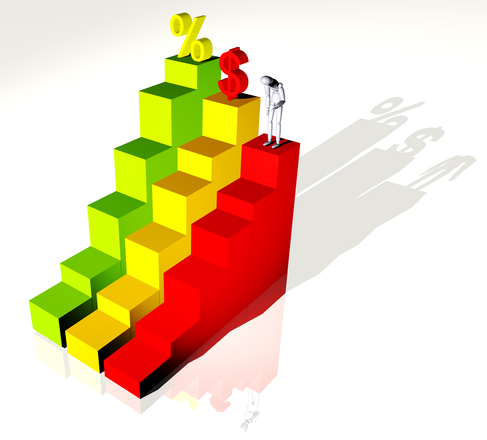Career Satisfaction Tests
Are you feeling dissatisfied with your job? Can’t seem to get along with your coworkers or boss? Unhappy with the kind of work you’re doing? Don’t want to fall into a boring job again? There’s a way to know what kind of job will make you happy – with certainty! A career satisfaction test is a test that provides a list of careers based on different elements of you. You can take a test that measures your interests (what you like), your personality (how you generally operate), or your abilities (what you can do). You can also take a test that combines these elements. All of these different types of tests are geared towards helping you find a job in which you are satisfied.
Interests Tests
The most common career test is an interest test. Interest tests assess how much you like certain aspects of work and match you with jobs that most closely fit with those patterns. I recommend the Strong Interest Test, the best interest test on the market today.
Personality Tests
Another important way to find a satisfying career is to use a personality test. However, few personality tests offer career-specific information. But the Myers Briggs Test does. It supplies you with a list of careers that suit your personality based on the personalities of professionals in those fields. It is likely that a career that fits your personality will result in career satisfaction.
Abilities Tests
The last type of test is an ability test. The two most common ability tests are CAPS and THAB. When you’re looking for career satisfaction, the THAB is by far the most superior career ability test. The unique thing it does is show which of your abilities demand expression. This is critical for career satisfaction. If you’re dissatisfied with your job right now, you might want to think, “What am I good at doing? What do I love doing? Am I able to do those things in my job right now?” If the answer is no, these may be abilities that demand expression. This means happiness is hard to find if your job doesn’t require you to use those abilities. Check out THAB Ability Assessment for Adult General Work Ability Test.
After taking one or more of these tests, it is a smart idea to make an appointment with The Career Profiler. I can help you understand and apply your results. Together we can make a plan to prepare for a job that will make you happy, then land that job and get promoted! With my help you can find the job that makes you most satisfied. Fill out the form at the bottom of the page if you want help finding the best job for you.
Career Satisfaction Tests: Combination
Probably the best approach to take when seeking a satisfying career is to purchase a career testing package. This combination of tests assesses all three of the critical internal components of career satisfaction: interests, abilities, and personality. For this I recommend the following package: OPTIM’s Best Suited Career Fit / Career Match Tests
I wish there were less exensive options, but none of them could achieve what this package can. If you truly need a less expensive package, I’d recommend one that assesses interests and abilities such as SII ADULT GENERAL Expanded Career Profile and Summary plus THAB Adult Ability Battery
If you’re concerned about your or your employee’s career satisfaction, check out these two blogs:
Know if Its Career Satisfaction or Job Satisfaction And Why It Matters
Is it Career Satisfaction or Job Satisfaction?















